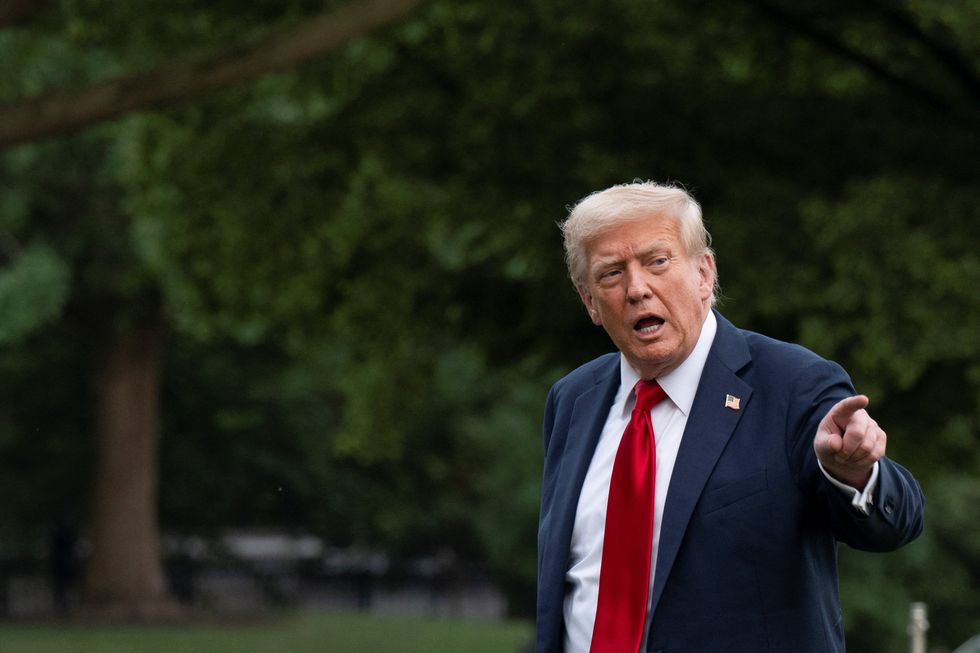A former White House reporter has shared a revealing account of his confrontational exchanges with Donald Trump during his presidency. In an essay titled “Trump still sounds like a child,” published recently, Brian J. Karem recalled a particular encounter that left him concerned for Trump’s health. The incident occurred during a press conference when Trump demanded that Karem “shut up,” leading the journalist to reflect on the former president’s behavior towards the media.
Karem, who gained notoriety for questioning Trump about the possibility of a peaceful transfer of power following the 2020 election, described how he often provoked Trump during press briefings. The journalist recounted, “He usually yelled at me, or told me to sit down. Still, he’d call on me and I’d ask him questions that would usually anger him to the point that I thought he might have a coronary.” Karem noted that Trump’s face would occasionally redden, and he would stammer in response.
In his essay, Karem connected this confrontation to a recent incident where Trump referred to a reporter as “piggy,” highlighting a pattern of disrespect that he claims Trump exhibits towards journalists, regardless of gender. “He usually talks down to women, dismisses them and belittles them,” Karem wrote. “But it’s not limited to women. Donald Trump is worse than a misogynist. He’s obviously a racist, but that’s not the whole story. He’s a misanthrope.”
Karem pointed out that Trump’s disdain extends beyond individuals to a broader contempt for many people, stating, “He absolutely loathes everyone – unless there’s something in it for him.” He criticized Trump’s self-perception, suggesting that the former president believes his behavior makes him an “equal opportunity offender,” but Karem dismissed this notion as trivial.
Reflecting on his relationship with Trump, Karem admitted that he was not favored by the former president. “That being said, I guess I’ve never been able to do much for him,” he wrote. He recalled an instance during the White House Correspondents Dinner when a staffer inquired about the location of the “Playboy After Party,” suggesting that Trump was not interested in socializing with the press.
Karem’s experiences showcase the often contentious dynamic between Trump and the media. He highlighted that, despite the tension, he remained resolute in his questioning. “I didn’t shut up. He didn’t leave,” he remarked about the press conference incident. This determination to hold politicians accountable has been a hallmark of Karem’s career, as he noted he has faced similar challenges with other presidents, but never had one threaten to walk out of a briefing.
In sharing his reflections, Karem contributes to an ongoing conversation about the treatment of journalists and the challenges they face in their profession, particularly under administrations that may not prioritize transparency and respect for the press.
